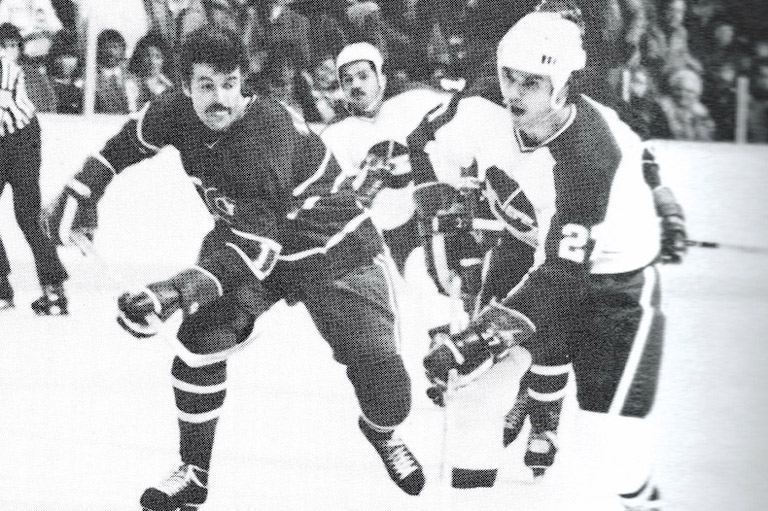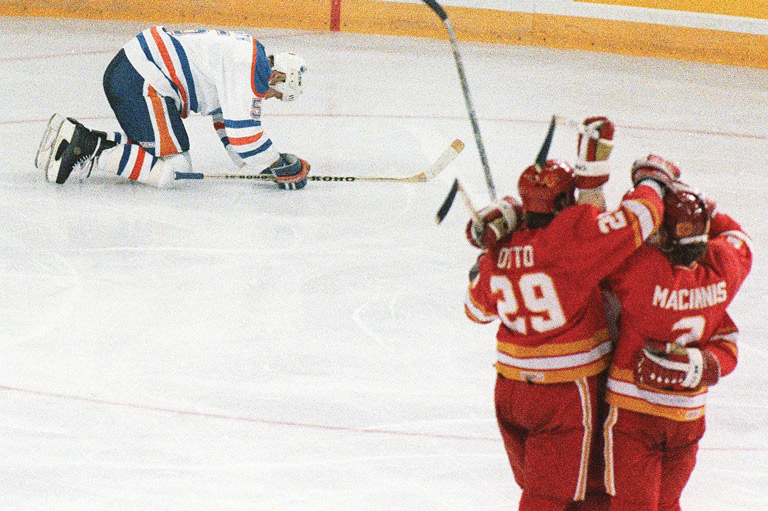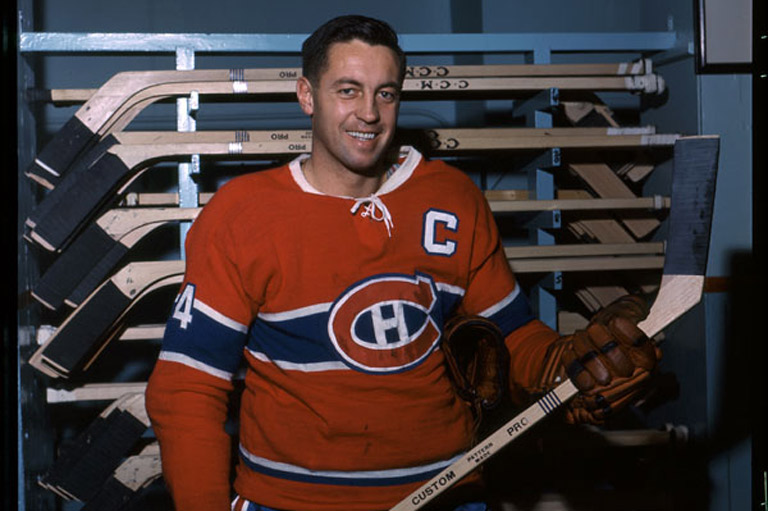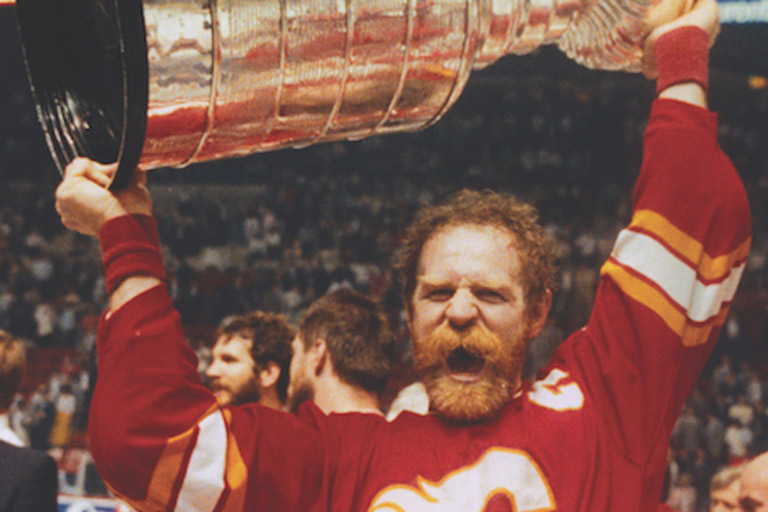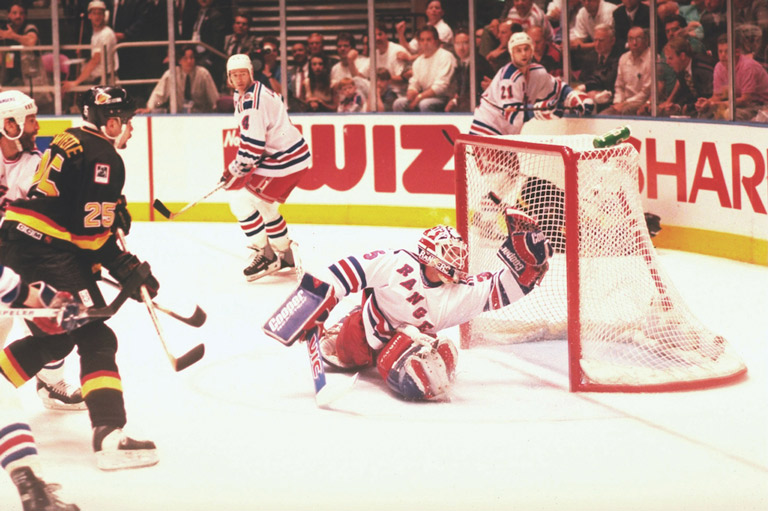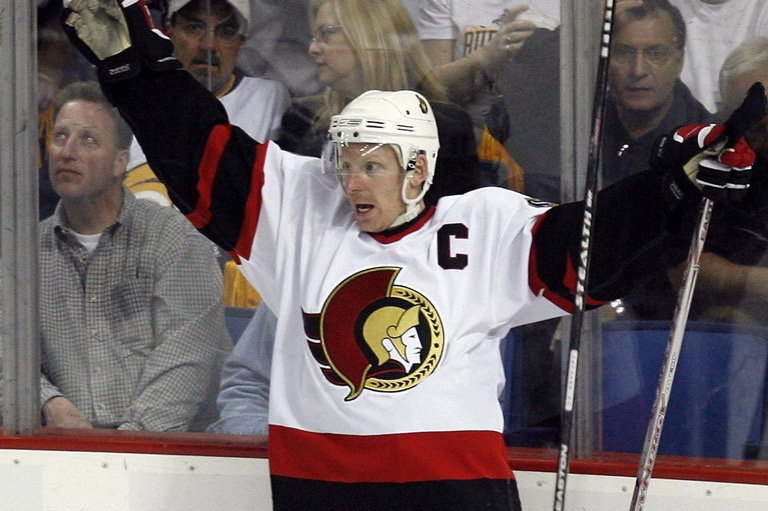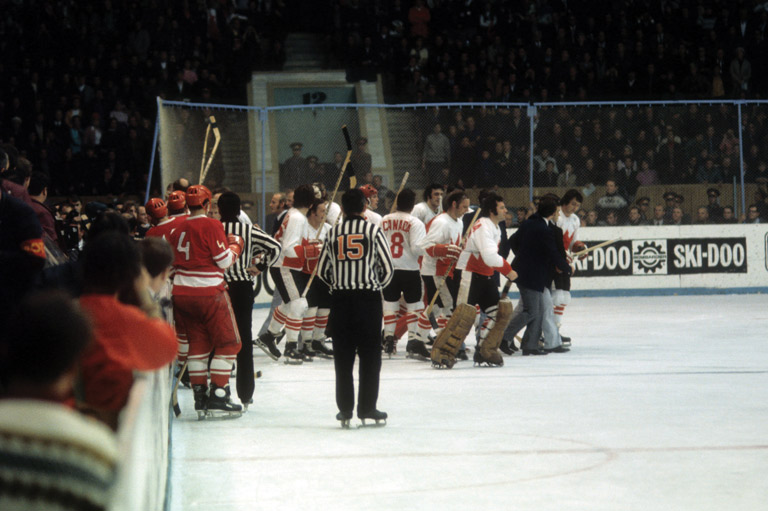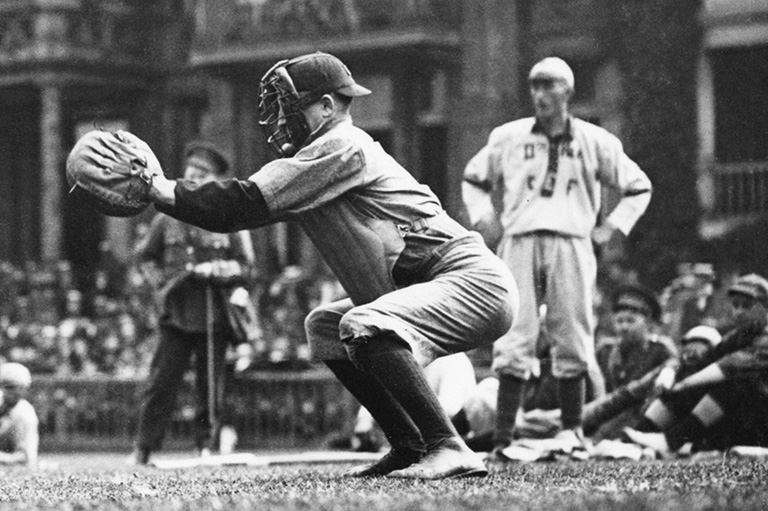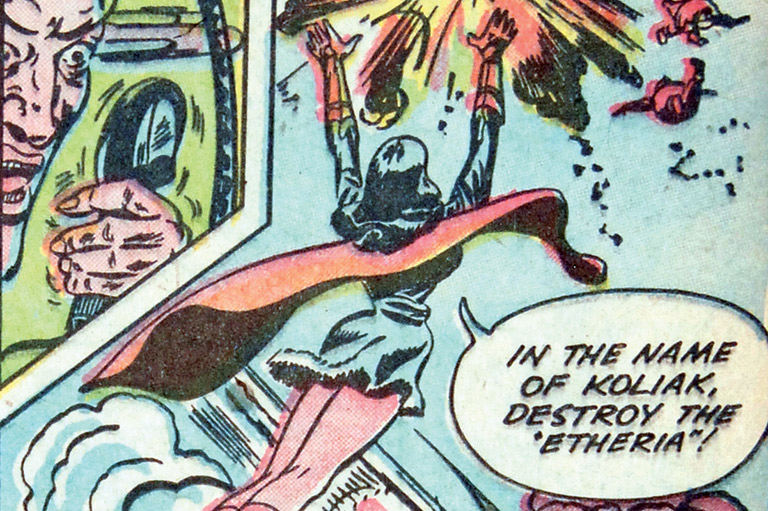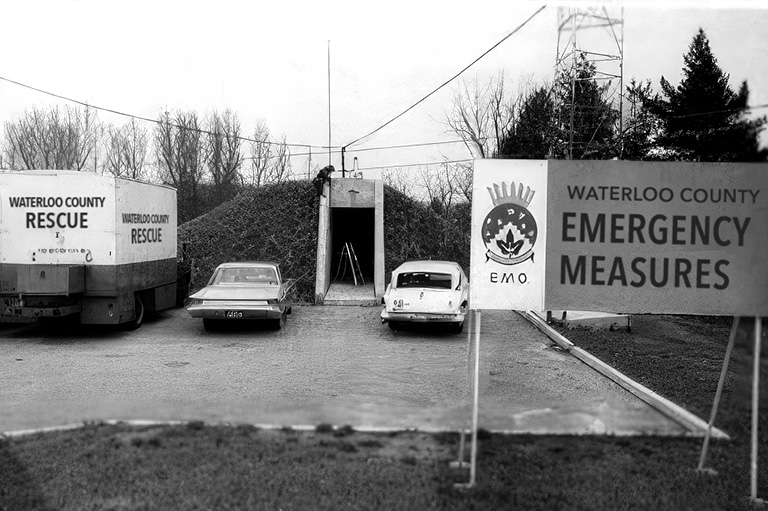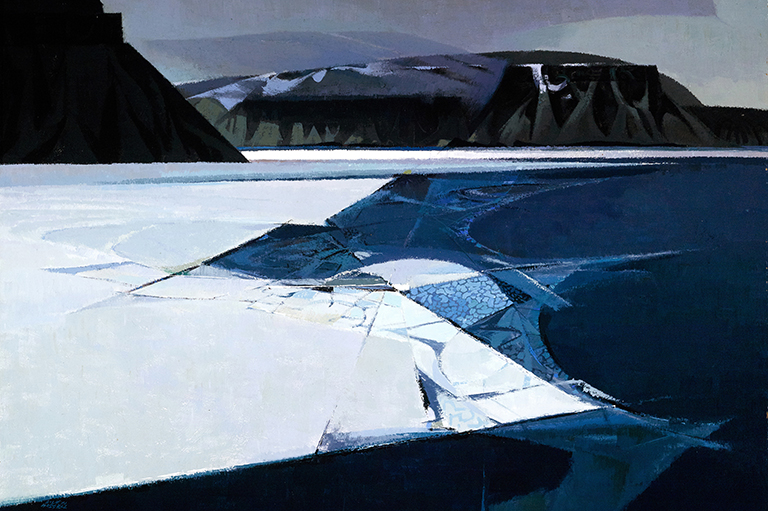Discover a wealth of interesting, entertaining and informative stories in each issue, delivered to you six times per year.
A Perfect Match
In the 1966–67 National Hockey League season, the great comedian Johnny Wayne watched the Toronto Maple Leafs practise at Maple Leaf Gardens. “It won’t be knee injuries that wreck this team,” Wayne quipped with a slight smile. “It will be prostate surgery.” That was Wayne’s way of saying the Leafs had a roster, by NHL standards, of old men. Seven Leaf players that season were thirty-six years of age or older, something extraordinary in professional team sports.
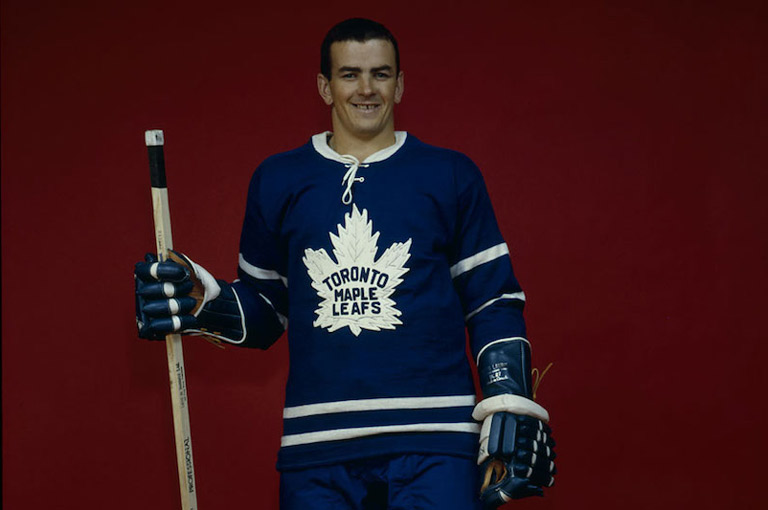
That made the Leafs’ Stanley Cup victory in 1967 stand out among the fourteen crowns won by a Toronto team, eleven under the Maple Leaf banner. The cup final, which pitted the Leafs against the archrival Montreal Canadiens, was the perfect match: Canada’s two “original six” NHL teams meeting in the country’s centennial year.
The clinching sixth game, a 3–1 victory over the Montreal Canadiens in a magnificently played hockey match, is logged indelibly in the memories of the 15,977 fans who witnessed it live at Maple Leaf Gardens that long-ago night, as well as the millions more who tuned in via radio and TV. That stunning May evening has had no repeats in the second half of the NHL’s century when, mostly, the Leafs have been mediocre also-rans — big at the box office, miniscule on the ice.
The first fifty years had many Leaf highlight games. But, for sheer drama, the 1967 achievement stands out — the sixth game a breathtaking, edge-of-your-seat experience for sixty minutes.
The 1960s-era Leafs were transformed into a powerhouse by manager-coach George (Punch) Imlach. By the 1966–67 season, Imlach seemed to take a page from Major League Baseball’s language-assaulting genius Casey Stengel, who once said, “Don’t forget the folks what brung ya.”
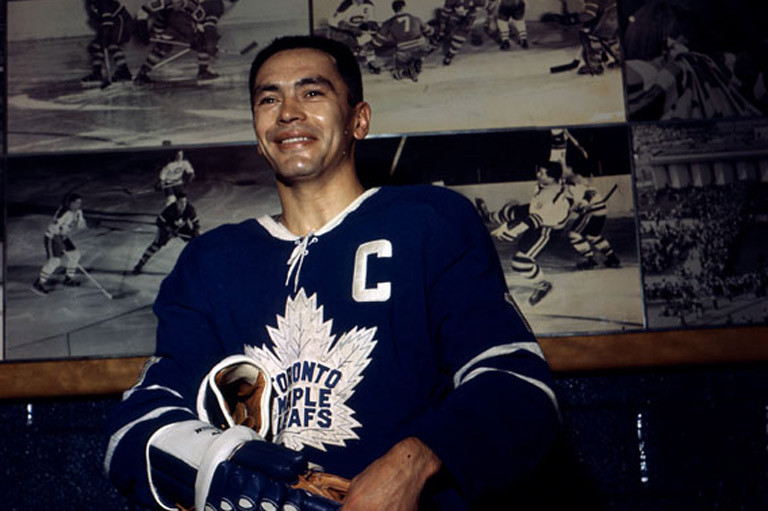
Foregoing a youth movement, Imlach stuck with his veterans, which meant the Leafs were hockey’s old folks’ home with goalies Johnny Bower, 42, and Terry Sawchuk, 37, defencemen Allan Stanley, 41, Tim Horton, 37, and Marcel Pronovost, 37, and forwards George Armstrong, the team captain, 36, and Red Kelly, 39.
The Leafs also had excellent two-way centre Dave Keon, plus solid veteran forwards Bob Pulford and Frank Mahovlich, and defencemen Bob Baun and Larry Hillman. Forwards Ron Ellis, Pete Stemkowski, Jim Pappin, Brian Conacher, and Mike Walton added youth and speed.
The first-place Chicago Blackhawks, with Bobby Hull and Stan Mikita, were expected to sweep the semi-final series with the Leafs. But with the ancient Bower and Sawchuck extraordinary in goal, the Leafs won in six games.
The Leafs were underdogs to the young Habitants, and when the Canadiens won, 6–2, to open the series in Montreal, the Leafs’ outlook was bleak. However, backed by Bower’s superb goaltending, the Leafs won the next two games. In game four, Bower was injured in warm-up, and Sawchuk had a rough night in a 6–2 loss. But in game five Sawchuk excelled in a 4–1 win at Montreal.
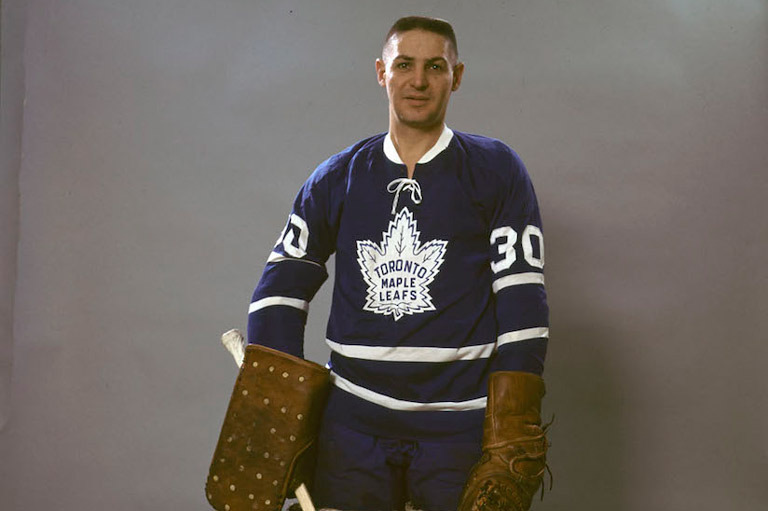
In game six, the packed crowd at Maple Leaf Gardens did more gasping than cheering as Sawchuk stopped all seventeen shots in the first period. The noise was enormous when Ellis broke the deadlock at 6:25 of the second period, even louder when Pappin doubled the lead in the last minute. Then ex-Leaf favourite Dick Duff scored for the Canadiens at 5:28 of the third, making the score 2–1.
With a faceoff in the Leafs’ zone in the last minute, the Canadiens had an empty net. The Gardens was almost eerily silent when Imlach sent out five skaters who had been loyal to him through the decade — Kelly, Armstrong, Pulford, Horton, and Stanley. Defenceman Stanley won the faceoff against the mighty Jean Béiveau, passing to Kelly, who relayed to Pulford. When the Canadiens converged on him, Pulford spotted Armstrong, skating in his awkward stride toward the blue line. Pulford’s perfect pass sent the veteran captain on his way for a ninety-foot shot into the empty net.
It is perhaps the best-remembered goal in blue-and-white history.
We hope you will help us continue to share fascinating stories about Canada’s past.
We highlight our nation’s diverse past by telling stories that illuminate the people, places, and events that unite us as Canadians, and by making those stories accessible to everyone through our free online content.
Canada’s History is a registered charity that depends on contributions from readers like you to share inspiring and informative stories with students and citizens of all ages — award-winning stories written by Canada’s top historians, authors, journalists, and history enthusiasts.
Any amount helps, or better yet, start a monthly donation today. Your support makes all the difference. Thank you!
Themes associated with this article
More NHL@100
Save as much as 52% off the cover price! 6 issues per year as low as $29.95. Available in print and digital.
Sign up for any of our newsletters and be eligible to win one of many book prizes available.



